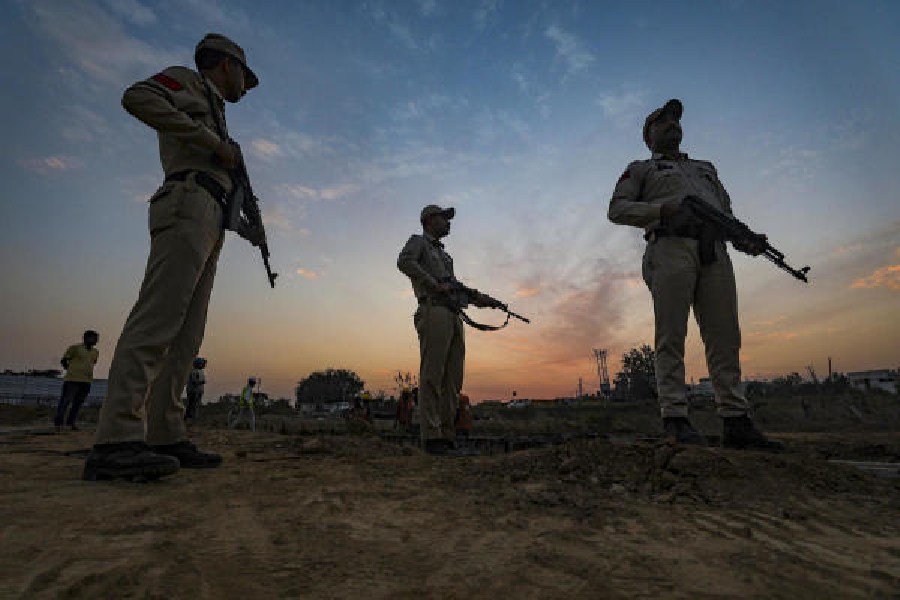New Delhi: Relying on anecdotal cases and survey findings of agencies, a task force set up by the New Jersey-based Rutgers University has recommended that caste should be added as a protected category to the institution’s non-discrimination policy.
The university, however, has said its existing non-discriminatory policy is adequate enough to deal with cases of caste-based prejudice.
The development comes after a Dalit boy from India pursuing undergraduate studies at the university told an in-house panel that Indians on the campus were repeatedly asking him his caste, information he was scared to reveal.
“When I moved to the United States I thought I was free here. No more discrimination. Every single Punjabi or Indian I meet they somehow ask you what caste you belong to. I try my best to hide it. Either I say ‘I don’t know’ or I just try to say something else,” the report, “Caste-based discrimination in US Higher Education and at Rutgers”, quoted the student.
“It’s not just older people but people of my age are the same. My family always told me it’s better not to tell people what caste I belong to. I always feel afraid to tell this to Indians because every time they find this out, they start treating me differently,” the report quoted the student.
About a dozen universities, including Harvard and California State University in the US, have included protections against caste-based discrimination in their policies.
A professor told the task force about a classroom conversation where a Brahmin student said his parents would never allow him to marry a Dalit girl. “The Brahmin student had challenged his parents, asking: ‘What if I loved her? What if she had a successful career? What if she was rich? The parents answered no, no and no,’” said the report, quoting the professor.
“If a white student had gone on about how their parents would never let them marry a black person, I would intervene. But we have no explicit protections against caste-based discrimination at Rutgers, and so I said nothing,” the report quoted the professor.
The report found that caste-based discrimination is a problem at Rutgers that limits the potential and opportunities of some in the university community. “This situation is inconsistent with Rutgers’s commitment to equity and inclusion. The university task force on caste discrimination found that existing policies are insufficient to address caste on campus,” the report said.
Audrey Truschke, a history professor at Rutgers, said: “I am thrilled with the result. Last week, we had no idea if caste-based discrimination was even barred or allowed at Rutgers. Now, we know it is unwelcome and have a myriad of measures for addressing it and educating the Rutgers community moving forward.”










